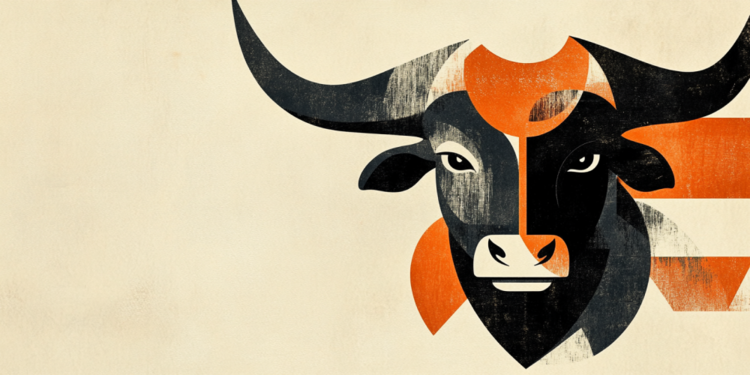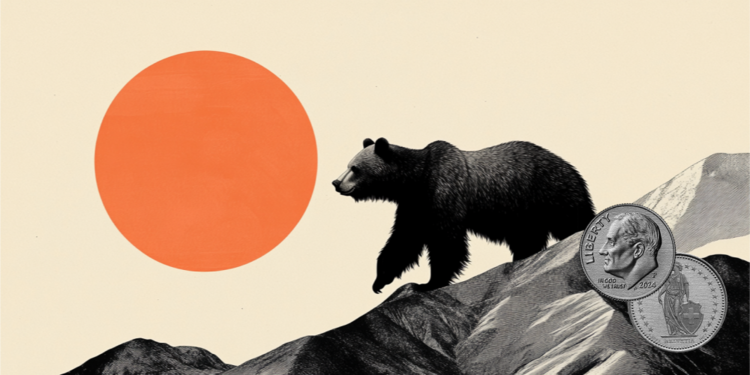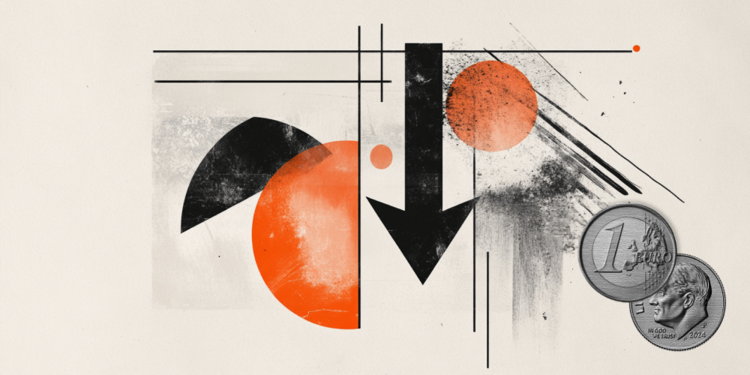A survey released this Wednesday (17) by the IBGE (Brazilian Institute of Geography and Statistics) shows that commerce suffered a record drop in occupancy (-4% or 404,100) and in the number of companies (-7.4 % or 106,600) in 2020, the first year of the Covid-19 pandemic, compared to 2019.
Even so, the sector registered an increase of 195.5 thousand workers in ten years, with 9.78 million employees, the only year beyond 2011, the beginning of the decade, in which the number was below 10 million.
In the first year of Covid-19 impacts, 90.4% of the cuts occurred in the retail trade, with 365,400 people, the biggest drop in the historical series started in 2007 for the segment.
“This drop in employment may have been influenced precisely by the segment that suffered the most from social isolation, which was retail. The shopping experience is different in this type of segment, where you have to go to the store and try the product. This may have led to the closure of these companies”, says Synthia Santana, manager of Structural Analysis at IBGE.
Losses were also recorded in the sale of vehicles, parts and motorcycles (-76.6 thousand). Only wholesale had a positive balance in 2020, compared to 2019, with 37,900 more hires. The average monthly income went from 1.9 minimum wage to 1.8 in one year.
Among the activities of the retail trade, the main one affected by the new coronavirus, sales of fabrics, clothing, footwear and haberdashery were the most impacted, with the cut of 176,600 workers, 15% less than in 2019.
Of the nine activities surveyed, only hypermarkets and supermarkets, in addition to pharmaceuticals, perfumery, cosmetics and medical items, had an increase, both considered essential in the pandemic, had a slight increase in vacancies: 1,800 and 318, respectively, compared to the year previous.
“This result probably takes into account the sale of masks, gel alcohol, all these products that were important in the pandemic”, pointed out Synthia Santana.
In relation to the decade from 2011 to 2020, the largest increases in employment occurred in the activities of hypermarkets and supermarkets (+396.9 thousand); pharmaceutical products, perfumery, cosmetics and medical items (+145.6 thousand); and fuels and lubricants (+93 thousand).
The biggest reductions in ten years came from the activities of fabrics, clothing, footwear and haberdashery (-306.4 thousand); information technology, communication and household articles (-87.5 thousand); and automotive vehicles (-73.7 thousand).
billing profile
The IBGE points out that, in 2020, 1.3 million commercial companies generated BRL 4.3 trillion in net operating revenue (money from the sale of products and services), with BRL 2.3 trillion from wholesale, BRL $2.1 trillion from retail and R$394.3 billion from the vehicles, parts and motorcycles segment.
In the decade between 2011 and 2020, the segment of wholesale trade of agricultural raw materials and live animals had the greatest variation in net operating revenue, of 3.1 pp, from 2.8% to 5.9% of representation of the total . In second place are hypermarkets and supermarkets (3 pp), which went from 10.6% to 13.6%; and wholesale trade of food products, beverages and tobacco (1 pp), from 7.5% to 8.5%.
On the other hand, the main declines came from trade in automotive vehicles (5.5 pp), from 10.6% to 5.1%; retail trade of fabrics, apparel, footwear and haberdashery (1.8 pp), from 4.4% to 2.6%; and wholesale trade of fuels and lubricants (1.1 pp), from 11.2% to 10.1%.
“An important structural change in trade was the progressive loss of representation in the automotive sector. The sales of motor vehicles, which in 2011 shared the second place in the ranking with the hypermarkets and supermarkets sector, lost 5.5 pp of share and reached 5.1% of net operating revenue, falling to eighth position in 2020. This result may reflect, in part, a change in the behavior of individuals in relation to the purchase of cars, changes in relative prices and the effects of economic crises in the period”, describes the research.
Source: CNN Brasil
I am Sophia william, author of World Stock Market. I have a degree in journalism from the University of Missouri and I have worked as a reporter for several news websites. I have a passion for writing and informing people about the latest news and events happening in the world. I strive to be accurate and unbiased in my reporting, and I hope to provide readers with valuable information that they can use to make informed decisions.







